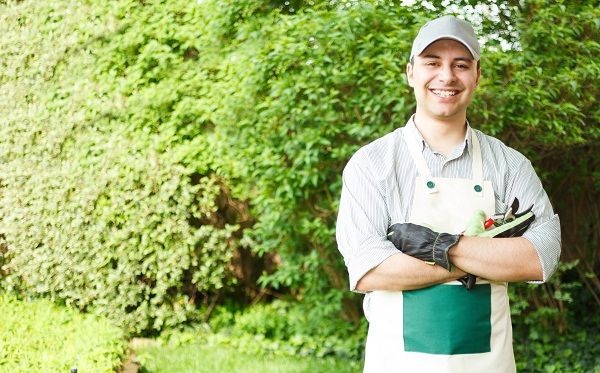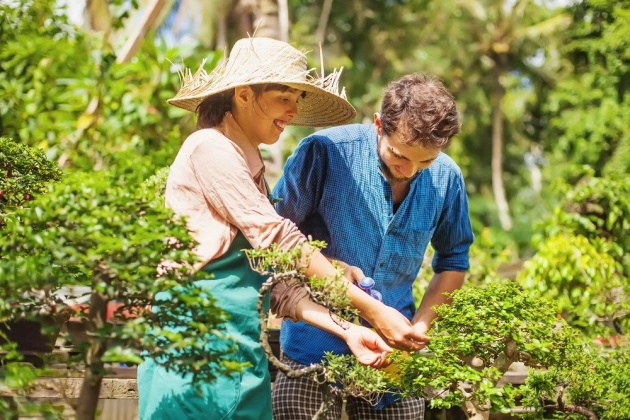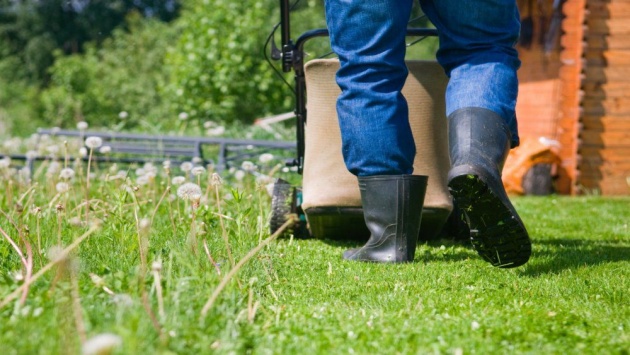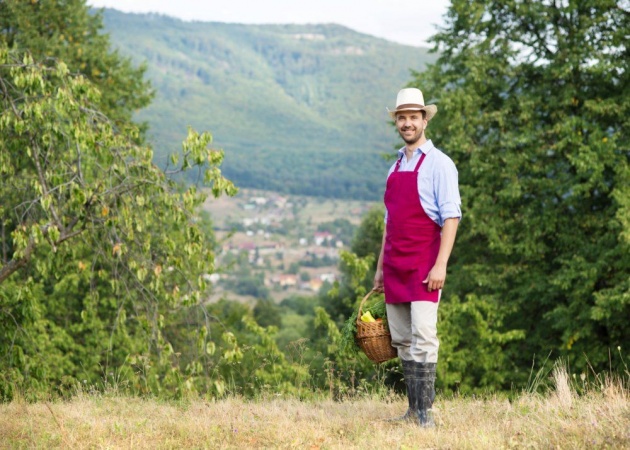Trying your hand at gardening for the first time is difficult, even if you’ve just decided to start growing the same plants outdoors, which you’ve been growing indoors for years. There are a few differences, while if you are starting your own garden for the first time it is always a good idea to do a thorough research of the specifics of every type of gardening. Urban gardening, modular gardening, gardening in pots, or in a greenhouse - each has its own unique requirements and advantages. If you are creating a new vegetable garden, then the following beginner’s guide should help you pick the best solutions for your new endeavour.

1. Garden planning is one of the most important steps and where you should get started from. The planning may be just a simple sketch of the backyard or the outdoor area where you want to grow the veggies. Yet such a sketch will help choose the best spot for every crop. Draw the location for every different area with veggies. Think at least for a couple of days about whether this is the right organization or something could be improved. Try to plan and organize as much as possible in your new garden. The locations of the walkways for maintenance, the locations of the highest trees and the distance of the most important veggies to the front door of the house, the locations of the shaded areas and the angle of the terrain are just a few examples.

2. You should know the main differences between a typical garden and a vegetable garden. From one point of view, they are just about the same things and basically you have to take care of your veggie garden just the same way as you would care for a normal garden with flowers. However, on the other hand, a vegetable garden has its own unique specifics and it requires unique care. The veggies love sunlight more than the typical flowers and herbs. The veggies need a lot of water too, but overwatering is something that you want to avoid. Perhaps the best and most pleasant difference is that the properly grown veggies ensure a wonderful harvest. The quality of the vegetable seeds is much greater importance than the choice of flower bulbs.

3. Take into account all the important and not-so-important factors before getting started with your first veggie garden. There are so many factors that vary depending on the climate and your location, but let’s take a look at the basics that every beginner should know:
- Climate and the length of the summer;
- Select only the best seeds of your favourite veggies;
- Know the best spacing for sowing the seeds of specific veggies;
- Trust the professional advice of the gardening experts in your region;
- Your expectations for the harvest for every type of vegetable;
- Optimal frequency of watering and garden spraying;
- Whether starting plants in pots is a better option than sowing directly outdoors.

4. Planting veggies is not that difficult when you know the basics too:
- Plant in sunny areas that are exposed to natural sunlight for more than 6 hours a day;
- Plant by following the recommended spacing for every type of crop;
- Make sure you have the right gardening tools for planting the veggies;
- Plant veggies that grow in height away from those that grow near the ground;
- Combine more than one type of veggies in one area, according to their specifications.
5. Every beginner gardener should have a schedule for garden maintenance. Such a schedule or checklist includes the most important dates and activities that should take place in the garden



